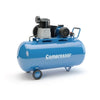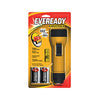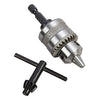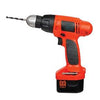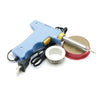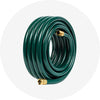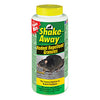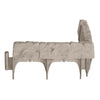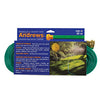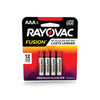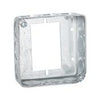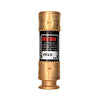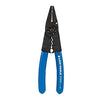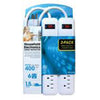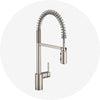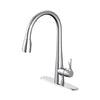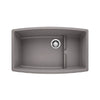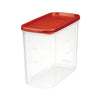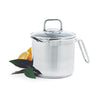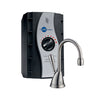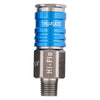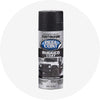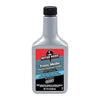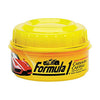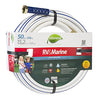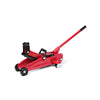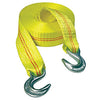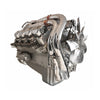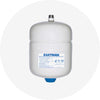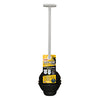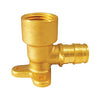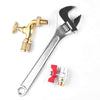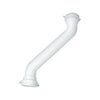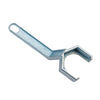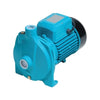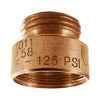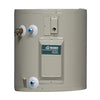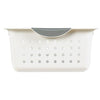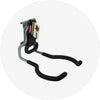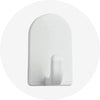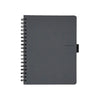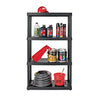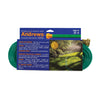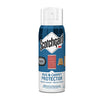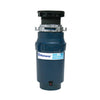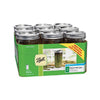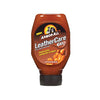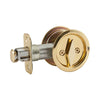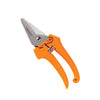How fleet managers can extend the life of classic engines with lead substitutes
∙ min read

Maintaining classic and vintage engines is an ongoing challenge for fleet managers and automotive workshops. Many of these engines were initially designed to run on leaded gasoline, which provided valve protection and enhanced performance. However, with the removal of lead from modern fuels, it is crucial to find alternative solutions that preserve engine integrity without compromising efficiency.
In this article, we explore how using products like Motor Medic Lead Substitute can extend the lifespan of classic engines and reduce maintenance costs for other components.
The impact of lead on classic engines
For decades, leaded gasoline was used to lubricate and protect exhaust valves in older engine designs. Without this protection, valve seats can wear out faster, affecting performance and engine durability. Without lead, these engines require additional treatment to prevent premature damage.
Lead substitutes have become an effective solution to compensate for the lack of this additive. These products create a protective layer on the valves, preventing valve seat recession and ensuring optimal engine operation.
Benefits of using lead substitutes
Using lead substitutes offers multiple advantages for classic engines in fleets and automotive workshops:
- Prevents Valve Wear – Protects valve seats from premature damage, maintaining engine efficiency.
- Reduces Maintenance Costs – Minimizes the need for costly repairs and extends engine lifespan.
- Compatible with Modern Fuels – Allows unleaded gasoline use without compromising engine performance.
- Improves Combustion – Contributes to cleaner, more efficient combustion, reducing carbon buildup.
How to choose the right lead substitute
Not all lead substitutes are created equal. It is essential to select high-quality products that meet the requirements of classic engines. Motor Medic Lead Substitute is an excellent choice, formulated to provide optimal lubrication and protect engine components.
Key factors to consider
- Compatibility with Different Engines – Ensure the substitute suits the engine type.
- Ease of Application – Choose products that can be directly added to the fuel without complications.
- Quality Certification – Look for products backed by automotive industry standards.
Implementation in fleet management
For fleet managers, incorporating lead substitutes can significantly improve engine longevity and performance. Here are some key steps to integrate these products into fleet maintenance:
- Assess engine condition – Identify which vehicles in the fleet require additional protection due to their older design.
- Select the right lead substitute – Choose reliable products like Motor Medic Lead Substitute.
- Establish a maintenance program – Integrate lead substitutes into regular maintenance procedures.
- Train personnel – Ensure that technicians and operators understand the importance of these additives and how to apply them correctly.
Complementary products for automotive maintenance

In addition to lead substitutes, it is recommended to enhance the maintenance of classic engines with other specialized products. From fuel additives to high-performance lubricants, having various quality tools can optimize the performance of vintage vehicles. Explore more options in our Automotive Maintenance and Repair Products category.
Protect your fleet with Max Warehouse!
Preserving classic engines in commercial fleets and automotive workshops requires a strategic approach. Using lead substitutes is an effective solution to maintain engine integrity and ensure optimal performance.
Implementing products like Motor Medic Lead Substitute protects valves and valve seats, helps reduce maintenance costs, and extends engine lifespan.
Investing in high-quality products and establishing a proper maintenance plan will ensure that classic vehicles continue to operate efficiently over time. Don’t let the absence of lead compromise your fleet’s performance—incorporate lead substitutes into your maintenance strategy and protect your classic engines with the best solutions available on the market.
Frequently asked questions
How does a lead substitute protect engine valves and components?
Lead substitutes create a lubricating layer on valve seats, preventing premature wear caused by metal-to-metal contact. This ensures better engine performance and reduces the need for repairs.
Can a lead substitute be used with unleaded gasoline in classic vehicles?
Yes, lead substitutes are specifically designed to allow older engines to safely run on unleaded gasoline without compromising efficiency or damaging engine components.
Are lead substitutes suitable for high-mileage fleet vehicles?
Yes, fleet vehicles with older engines can greatly benefit from the regular use of lead substitutes, as they reduce friction and valve wear, resulting in more excellent engine durability.
How often should a lead substitute be added to the fuel tank?
It is recommended to add a lead substitute every time the fuel tank is refilled, following the manufacturer’s instructions to ensure optimal engine protection.
Are lead substitutes a cost-effective solution for maintaining classic engines?
Yes, using lead substitutes can help reduce maintenance and repair costs by preventing premature engine damage. The initial investment translates into greater engine longevity and fewer mechanical interventions.




